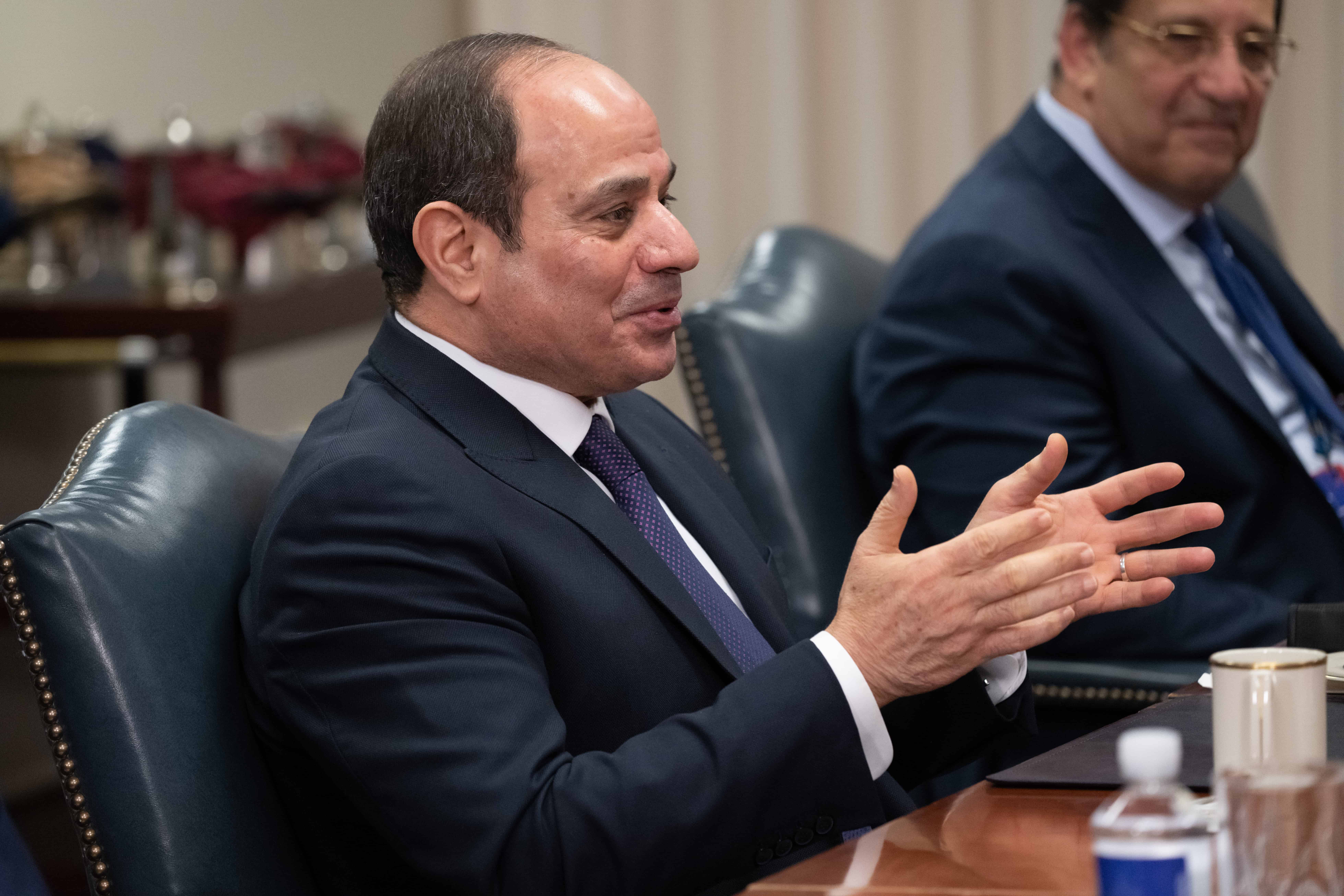Cairo, Egypt–The IMF’s new $3 billion financial support package for Egypt aims to reduce government debt to less than 80 percent of the gross domestic product in the medium term, according to a cabinet report released on Saturday.
The IMF did not require the Egyptian government to cut spending on subsidies, the report said, adding that the new program aimed to strengthen the social protection network for citizens.
This approval demonstrates confidence in the country’s ability to fulfill its international obligations and achieve targeted economic growth, the Egypt State Information Service stated the government as saying in a statement released by the Cabinet media center.
Also read: Egypt to receive US$3 billion loan from IMF
The government’s remarks came after the IMF executive board approved on Friday a 46-month, $3 billion financial support package for the Arab world’s most populous country, saying it would catalyze additional funding of about $14 billion.
Egypt negotiated its latest IMF loan as the economic fallout from the war in Ukraine exacerbated a foreign currency shortage resulting from Egypt’s large trade deficit.
In a background document on Egypt, the IMF said the new program would fund some of the country’s foreign currency financing gap, and that Cairo had secured $5 billion in new financing for the fiscal year ending in June 2023.
Also read: Egypt’s economy to grow 5.2 percent in current fiscal: IMF
Of that, $2 billion would come from the sale of equity in private sector companies and $3 billion from multilateral support, separate to the rollover of deposits by Gulf states in Egypt’s central bank.
Economists say one reason Egypt has struggled to attract investment despite repeated IMF programs and reform plans is the prominent role of the state and the military in the economy, and the advantages afforded to state-owned enterprises over private-sector firms.
The IMF’s background document said its programme aimed to support plans by Egypt to reduce the state’s footprint in the economy, increase transparency around SOEs, and create a level playing field for all economic actors.
An Egyptian cabinet statement on Saturday said the government was acting quickly to issue a political document outlining economic sectors from which the state would withdraw. It said the cabinet approved a final draft on Nov. 30.
The IMF document said Egyptian authorities had also committed to the publication by the finance ministry of biannual accounts of SOEs along with information on subsidies to SOEs.
It said Cairo had further committed to publishing data including audit reports on fiscal accounts, procurement contracts of more than 20 million Egyptian pounds ($811,360), and an annual report on tax breaks, exemptions and incentives.
Egypt’s IMF-supported program includes a comprehensive policy package to preserve macroeconomic stability, restore buffers, and pave the way for inclusive and private-sector-led growth, SIS reported.
The package includes a monetary policy aimed at gradually reducing inflation, fiscal consolidation to ensure a downward public debt trajectory while enhancing social safety nets to protect the vulnerable, and wide-ranging structural reforms to reduce the state footprint and strengthen governance and transparency, the state information service added.

